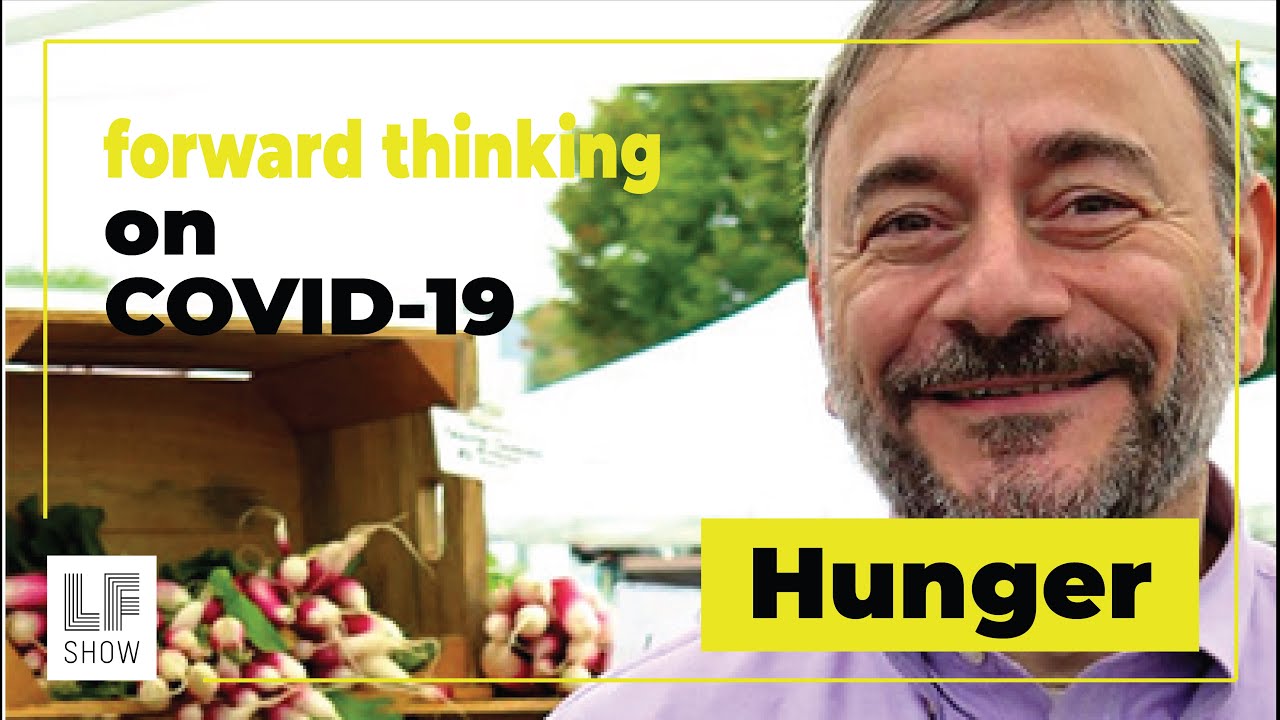Hunger and Racial Justice During Covid-19
A special thanks to our Patreon community for supporting us through this difficult time and making it possible to keep this content free for everyone.
Racial justice and economic justice are indelibly linked. According to Joel Berg, CEO of Hunger Free America, we can’t have one without the other. As tens of millions of Americans have lost their jobs due to the Covid-19 pandemic, and protests for racial equality and against police brutality rock the nation, Berg estimates that over 50 million people in the US are currently struggling against hunger. In this conversation, he explains the intersectional links between food insecurity, racial injustice and Covid-19. Public policy does work, he tells Laura, but “We need to pursue racial justice and civil rights at the same time we pursue economic rights.”
Berg points out that the Covid-19 pandemic might have exacerbated hunger and food insecurity in the US, but things were already bad to begin with. Even at the height of the country’s economic success in 2018, 37 million Americans—including 11 million children—lived in homes that couldn’t afford enough food. Now, in the middle of the pandemic, things are worse than ever, but there are things the government can do to help.
One of the unsung successes of the CARES Act is the Pandemic EBT program (P-EBT). Parents of children in public schools—many of whom relied on the meals provided by schools to help feed their kids—receive a card they can use to purchase food. It works much like SNAP (or food stamps), and it’s getting billions of dollars of food to millions of low income families across the country.
For more information about Hunger Free America, visit www.hungerfreeamerica.org
Click here to watch more from our Forward Thinking on Covid-19 series, and don’t forget to subscribe to our newsletter to get the latest episodes delivered right to your inbox!

















